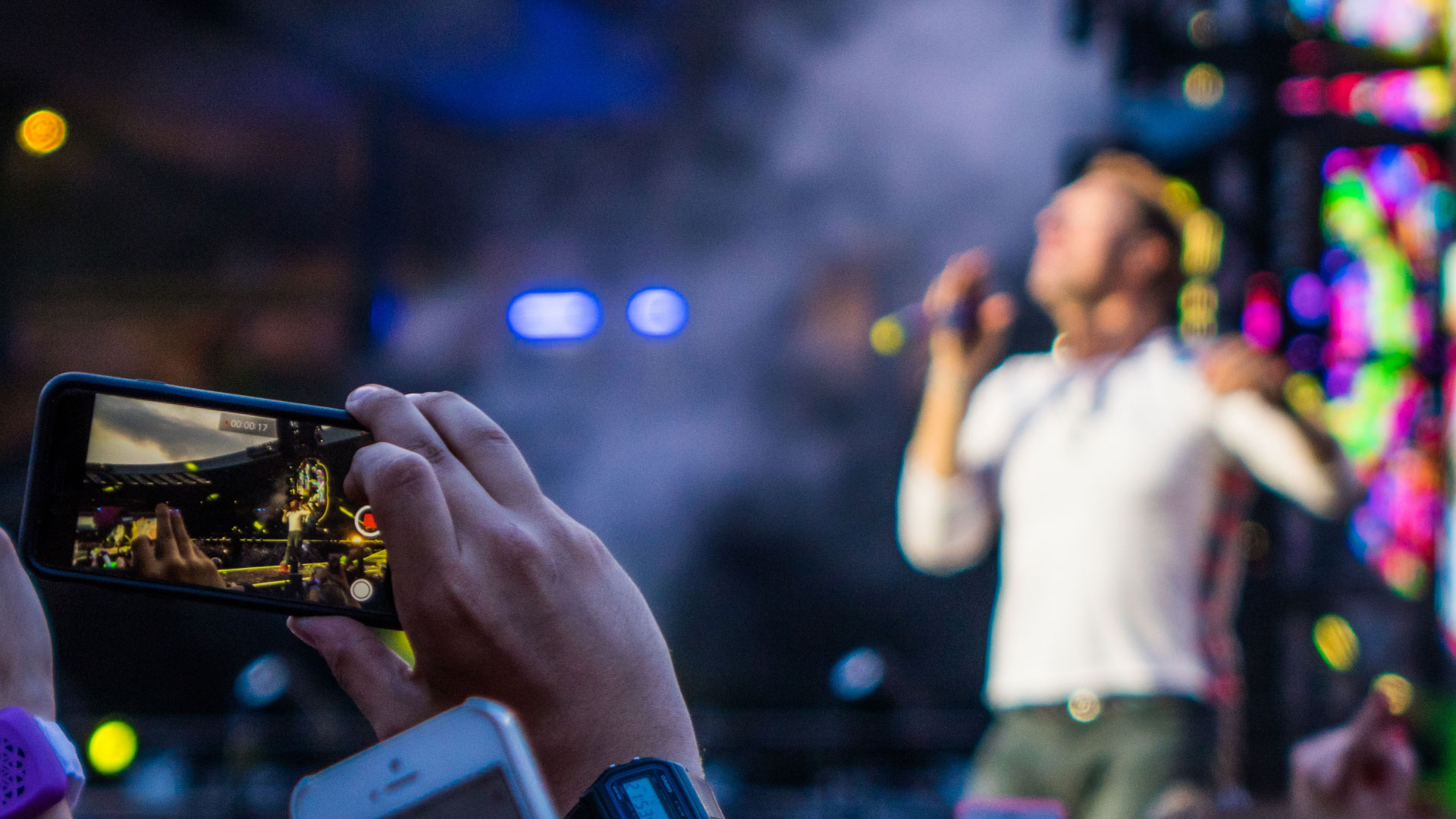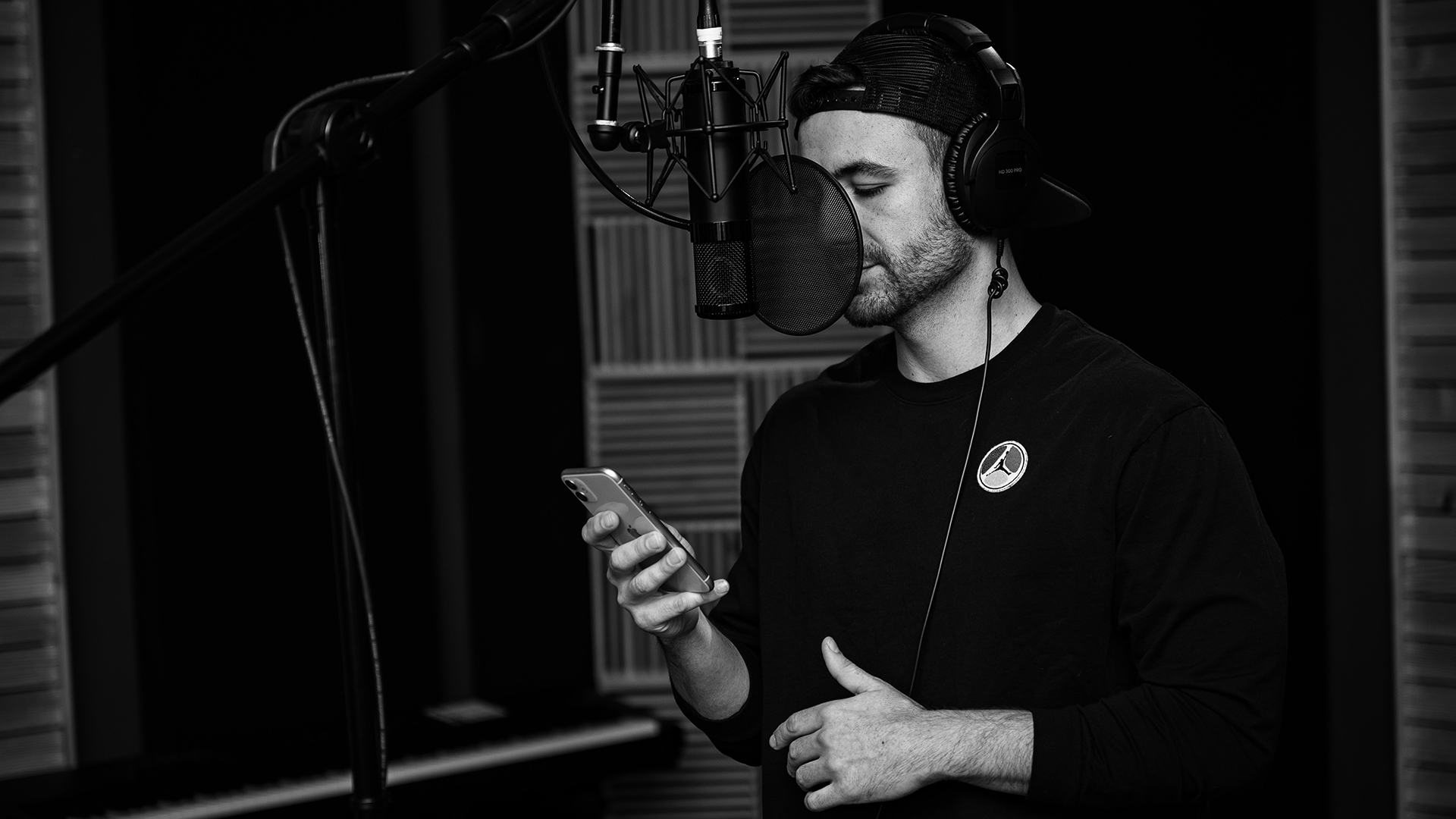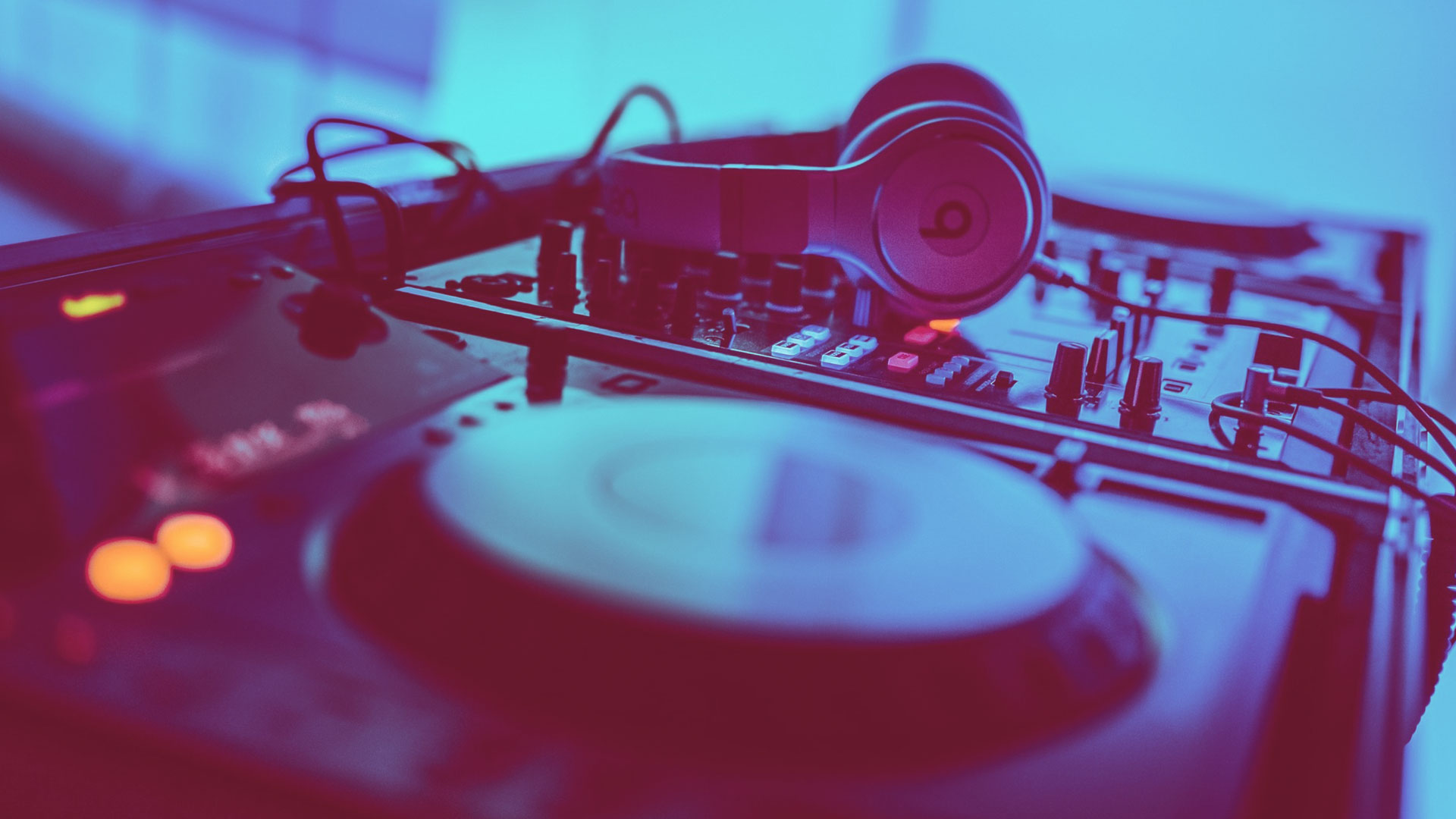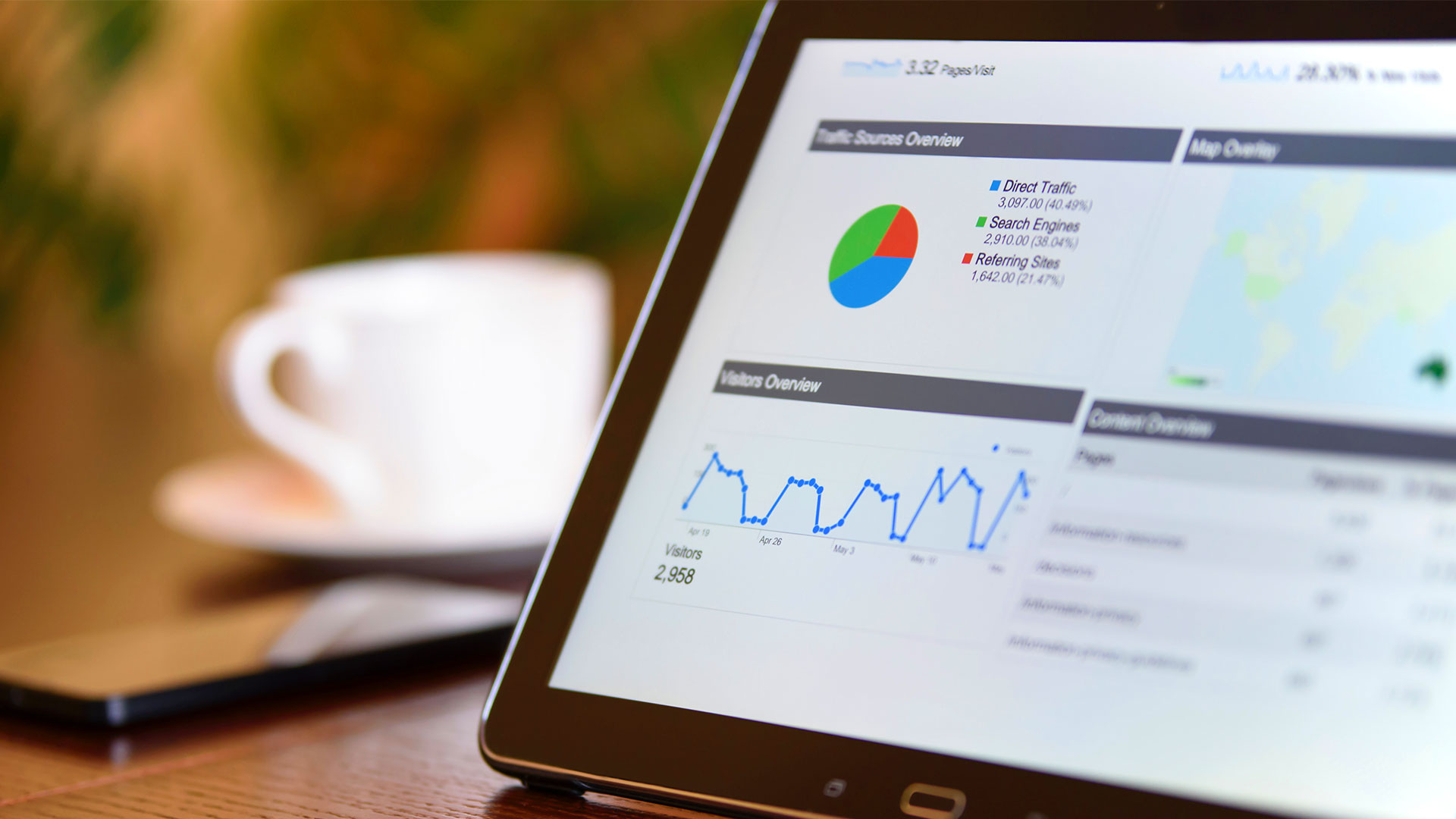How Social Media has affected the Music Industry
Article Updated on May 13, 2023
More than ever, the music industry continues to be intensely competitive. More music is being streamed for free than ever before and every minute, thousands of songs are uploaded to the internet across a multitude of platforms.
For every minute of the day, more than 38 thousand hours of music is ebing listened to on Spotify alone. Over the course of the year, this totals up to over 20 billion hours of total listening time.
Historically, the music industry was dominated by only the most massive labels and organisations. To get anywhere as an artist, you had to go through them. Times have changed.
Never before has it been so easy for independent musicians to self-publish and succeed. But what has enabled this fundamental change?
Social media and music streaming platforms
Social media and music streaming platforms have given musicians more control over the distribution of their music than ever before. Services such as Bandcamp, Soundcloud, Spotify and YouTube are but a select few of the platforms at the forefront of the online music revolution.
It’s not all rainbows and sunshine for small independent artists however. This phenomenon of small-scale indie publishing and the increased bargaining power for music listeners has ultimately led to a saturated and highly competitive environment for musicians.
Artists must not only compete with other contemporary musicians but also with the recorded archives of popular bands such as The Beatles, Michael Jackson or Adele, whose complete back catalogues are easily available to stream online for free, typically on those very same platforms that we mentioned before.
Furthermore, due to the rise in digital music production software such as FL Studio or Ableton, music creation is now more accessible than ever, further adding to the competitive nature of industry.
We recently published an article detailing some of our favourite examples of music marketing. The fact is, however, that none of the mentioned methods would have been possible without the creative use of social media.
“Tribes” enable musicians to pursue their dreams
Seth Godin wrote a book and did a TED talk on the idea of tribes, a social unit from the distant past of human society, and how this mentality is being revived.
Seth of course, explains the concept in a much better way than we can, but the general idea is that “ordinary” people can influence a smaller and more niche set of followers.
Social media has played a massive role in rekindling this tribal group mindset. Artists in all industries no longer need to appeal to millions of people to succeed and make their mark. Instead, a group of even a few hundred loyal followers can enable the artist in question to pursue their dreams.
The results of this drastic change are phenomenal. Instead of artists having to adhere to certain genre’s or change themselves to appeal to more people, they can remain true to their essence and create whatever they want.
What’s more, this fundamental change has been aided by platforms such as Patreon, a website where fans can pledge a monthly amount of money to their favourite artists.
Considering all of that, there has never been a better time to be an independent musician. It means that artists, regardless of genre, can focus on the part that matters most – the music.
It doesn’t just benefit the musicians though. Listeners now have more choice than ever before and the various and previously mentioned mass music streaming platforms have empowered them with the ability to discover content that they otherwise would have missed!
Tips for musicians to succeed online:
- Keep an active, on brand profile showcasing your latest releases
- Create a list of relevant groups to post your content in – update this list at least once a month
- Harness the power of Facebook Livestream to transform your local gig to a global event
- Create a list of relevant hashtags to post your content in for example #140bmp, #UKMusic or #Acoustic. Update this list as frequently as you can for best results
- Use a social scheduling tool such as Buffer to create a playlist of your music which will be automatically posted to your followers as well as new audiences with the utilisation of targeted and relevant hashtags
- Read our guide on how to increase your Twitter following
- Create interesting behind-the-scenes content to share with your following – for example, if you are planning to release new music soon, you can tease your audience with short videos taken from the studio
- popular influencers on Instagram who can promote your brand to new audiences
SNAPCHAT
- Create a Snapchat Geofilter to support your live shows and encourage social sharing
- Like Instagram, promote upcoming music by sharing small pieces from the studio with your following
SOUNDCLOUD
- Upload tracks that listeners can download for free
- Harness the power of tags to enhance your reach
- Syndicate your content across the rest of your social network profiles
- Embed your content on your website page or blog and encourage others in your community to do so too
- Add the SoundCloud icon, along with the rest of your social icons to the footer of your website
- Harness the power of ‘Artists Union’ to get free replays and follows when users download your content
The music industry is constantly evolving and social media has proven to be a major influence in that during the last decade. No doubt, the various strategies that musicians can utilise to stay relevant will keep changing again and again.
If you’re an artist, a big piece of advice that we can offer you is to stay on your toes and don’t neglect any of the social media platforms due to your personal opinion of them. If your audience is there, then you should be too!
Comments
How Social Media has affected the Music Industry
Article Updated on May 13, 2023

More than ever, the music industry continues to be intensely competitive. More music is being streamed for free than ever before and every minute, thousands of songs are uploaded to the internet across a multitude of platforms.
For every minute of the day, more than 38 thousand hours of music is ebing listened to on Spotify alone. Over the course of the year, this totals up to over 20 billion hours of total listening time.
Historically, the music industry was dominated by only the most massive labels and organisations. To get anywhere as an artist, you had to go through them. Times have changed.
Never before has it been so easy for independent musicians to self-publish and succeed. But what has enabled this fundamental change?
Social media and music streaming platforms
Social media and music streaming platforms have given musicians more control over the distribution of their music than ever before. Services such as Bandcamp, Soundcloud, Spotify and YouTube are but a select few of the platforms at the forefront of the online music revolution.
It’s not all rainbows and sunshine for small independent artists however. This phenomenon of small-scale indie publishing and the increased bargaining power for music listeners has ultimately led to a saturated and highly competitive environment for musicians.
Artists must not only compete with other contemporary musicians but also with the recorded archives of popular bands such as The Beatles, Michael Jackson or Adele, whose complete back catalogues are easily available to stream online for free, typically on those very same platforms that we mentioned before.
Furthermore, due to the rise in digital music production software such as FL Studio or Ableton, music creation is now more accessible than ever, further adding to the competitive nature of industry.
We recently published an article detailing some of our favourite examples of music marketing. The fact is, however, that none of the mentioned methods would have been possible without the creative use of social media.
“Tribes” enable musicians to pursue their dreams
Seth Godin wrote a book and did a TED talk on the idea of tribes, a social unit from the distant past of human society, and how this mentality is being revived.
Seth of course, explains the concept in a much better way than we can, but the general idea is that “ordinary” people can influence a smaller and more niche set of followers.
Social media has played a massive role in rekindling this tribal group mindset. Artists in all industries no longer need to appeal to millions of people to succeed and make their mark. Instead, a group of even a few hundred loyal followers can enable the artist in question to pursue their dreams.
The results of this drastic change are phenomenal. Instead of artists having to adhere to certain genre’s or change themselves to appeal to more people, they can remain true to their essence and create whatever they want.
What’s more, this fundamental change has been aided by platforms such as Patreon, a website where fans can pledge a monthly amount of money to their favourite artists.
Considering all of that, there has never been a better time to be an independent musician. It means that artists, regardless of genre, can focus on the part that matters most – the music.
It doesn’t just benefit the musicians though. Listeners now have more choice than ever before and the various and previously mentioned mass music streaming platforms have empowered them with the ability to discover content that they otherwise would have missed!
Tips for musicians to succeed online:
- Keep an active, on brand profile showcasing your latest releases
- Create a list of relevant groups to post your content in – update this list at least once a month
- Harness the power of Facebook Livestream to transform your local gig to a global event
- Create a list of relevant hashtags to post your content in for example #140bmp, #UKMusic or #Acoustic. Update this list as frequently as you can for best results
- Use a social scheduling tool such as Buffer to create a playlist of your music which will be automatically posted to your followers as well as new audiences with the utilisation of targeted and relevant hashtags
- Read our guide on how to increase your Twitter following
- Create interesting behind-the-scenes content to share with your following – for example, if you are planning to release new music soon, you can tease your audience with short videos taken from the studio
- popular influencers on Instagram who can promote your brand to new audiences
SNAPCHAT
- Create a Snapchat Geofilter to support your live shows and encourage social sharing
- Like Instagram, promote upcoming music by sharing small pieces from the studio with your following
SOUNDCLOUD
- Upload tracks that listeners can download for free
- Harness the power of tags to enhance your reach
- Syndicate your content across the rest of your social network profiles
- Embed your content on your website page or blog and encourage others in your community to do so too
- Add the SoundCloud icon, along with the rest of your social icons to the footer of your website
- Harness the power of ‘Artists Union’ to get free replays and follows when users download your content
The music industry is constantly evolving and social media has proven to be a major influence in that during the last decade. No doubt, the various strategies that musicians can utilise to stay relevant will keep changing again and again.
If you’re an artist, a big piece of advice that we can offer you is to stay on your toes and don’t neglect any of the social media platforms due to your personal opinion of them. If your audience is there, then you should be too!






